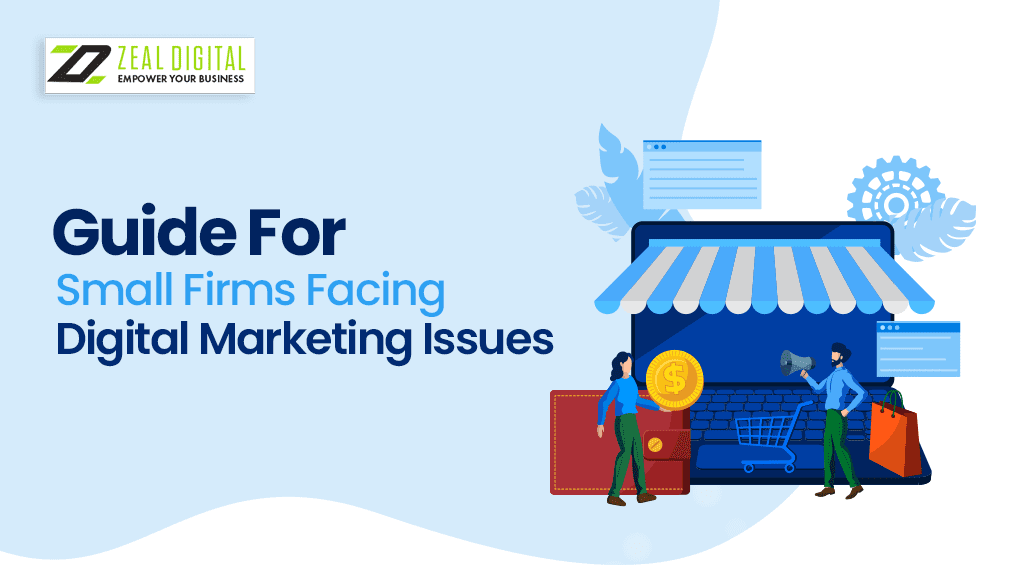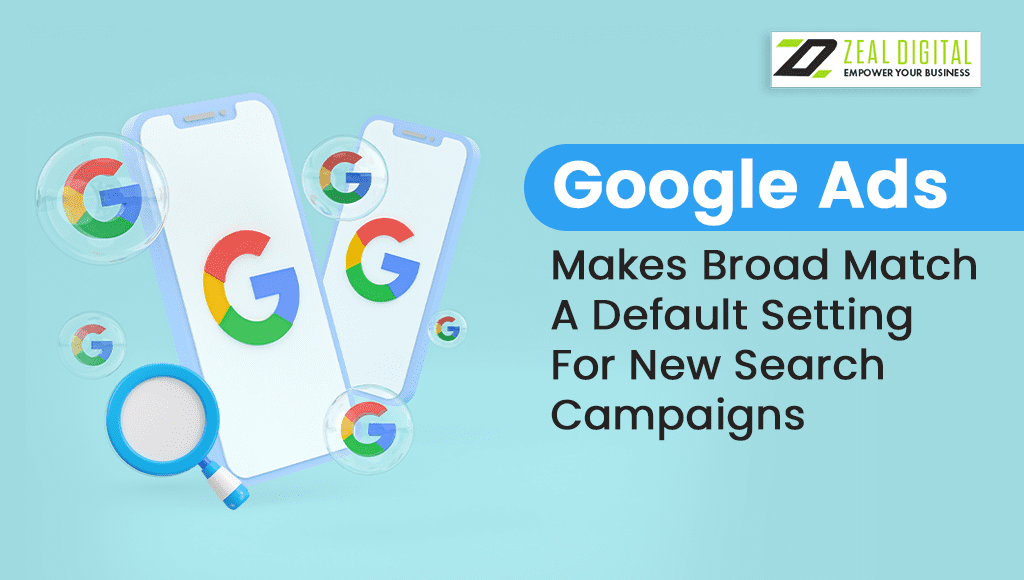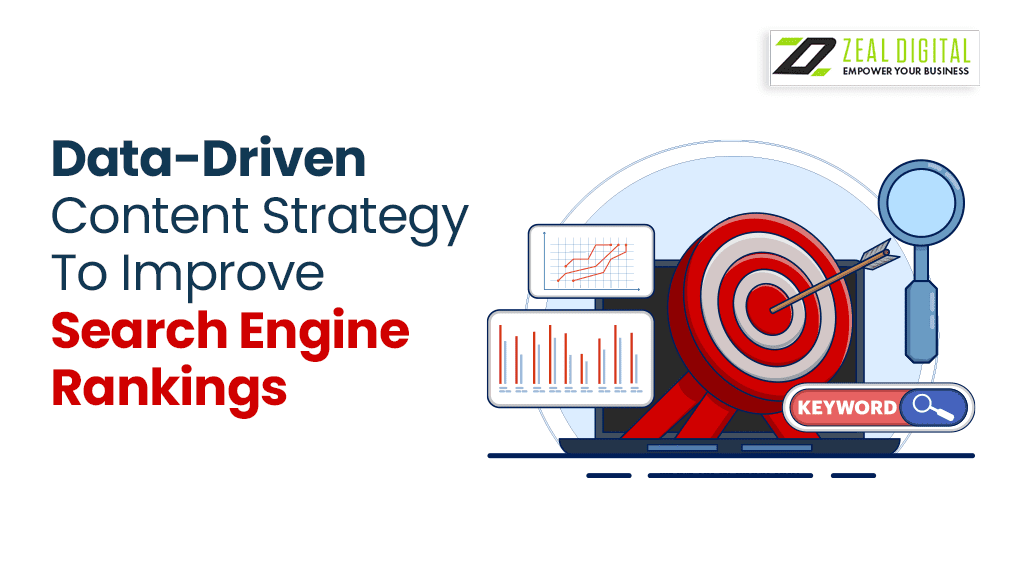In the fast-paced world of digital marketing, staying relevant is key to maintaining a strong online presence. As digital advertising agencies strive to keep their clients ahead of the curve, managing and optimising content becomes crucial. One of the challenges in this journey is dealing with outdated content that may still be lingering on Google. In this blog post, we will explore effective ways to remove outdated content and enhance the visibility of digital marketing agencies in the ever-evolving digital landscape.
Understanding The Impact Of Outdated Content
Before diving into the removal strategies, it’s important to grasp the implications of outdated content on your digital advertising agency’s reputation. Outdated information can mislead potential clients, damage your brand image and negatively impact search engine rankings. Google values fresh, relevant content and removing outdated material is a proactive step towards maintaining a positive online presence.
Conducting A Content Audit
The first step in addressing outdated content is to conduct a comprehensive content audit. Identify all the web pages, blog posts and other online assets associated with your digital advertising agency. Pay close attention to outdated statistics, services that are no longer offered or any information that may have changed over time.
Utilising 301 Redirects
Once you’ve identified outdated content, consider using 301 redirects to guide users and search engines to the most relevant and up-to-date information. This not only improves user experience but also ensures that search engines recognise the changes and update their indexes accordingly. Redirecting outdated URLs to current, authoritative pages can positively impact your agency’s SEO efforts.
Requesting Content Removal From Website Owners
In some cases, outdated content may not be on your website but on external sites. This could include old press releases, guest posts or collaborations that are no longer relevant. Reach out to the website owners and request the removal of outdated content. Polite and professional communication is key in this process.
Google Search Console: Removal Tool
Google Search Console provides webmasters with powerful tools to manage how their content appears in search results. Utilise the Removal Tool within Google Search Console to temporarily hide outdated URLs from search results. This is a useful approach when you’ve made changes to your site, and you want search engines to reflect these changes promptly.
Updating And Republishing Content
Instead of outright removing certain pages or blog posts, consider updating and republishing them with fresh, accurate information. This not only ensures that the content remains relevant but also signals to search engines that you actively maintain and improve your digital assets. Be sure to indicate the last update date to provide transparency to your audience.
Implementing Meta Noindex Tags
For pages that you don’t want to appear in search engine results but still serve a purpose on your website, consider implementing the meta noindex tag. This instructs search engines not to index specific pages, preventing outdated content from appearing in search results while keeping it accessible to users navigating your site.
Regularly Monitoring and Maintaining Content
Maintaining an up-to-date online presence is an ongoing process. Set up regular content monitoring routines to ensure that outdated information doesn’t resurface. This proactive approach helps you catch and address any issues before they have a chance to negatively impact your digital advertising agency’s reputation.
Strategies for Removing Outdated Content
1. Thorough Content Audit: Digging Deeper
While conducting a content audit, delve into the specifics of each page. Look for outdated references, obsolete statistics and services that may have evolved. Consider categorising content based on its relevance and priority for updating or removal. This meticulous approach ensures that no stone is left unturned in identifying and addressing outdated material.
2. Comprehensive Keyword Analysis: Enhancing SEO Performance
Integrating the keyword strategically throughout your content is not only essential for search engine optimisation but also aids in conveying the relevance of your agency to potential clients. Analyse your content’s keyword density and distribution, ensuring that the focus keyword is naturally embedded. This optimisation enhances your content’s visibility in search results related to the keyword.
3. Collaborative Outreach: Strengthening Relationships
When dealing with external sites hosting outdated content about your agency, adopt a collaborative approach. Establish communication with webmasters and site owners, emphasising the importance of accurate and up-to-date information. Building positive relationships in your industry can lead to quicker content removal and showcases your agency’s dedication to maintaining accurate online information.
4. Utilising Google’s URL Removal Tool: A Direct Approach
The Google Search Console’s URL Removal Tool is a potent instrument for promptly removing outdated content from search results. While using this tool, ensure that you clearly specify the URLs you want to temporarily hide. Keep in mind that this is a temporary solution, and it’s crucial to complement it with long-term strategies such as content updates and removals.
5. Strategic Content Updates: Breathing Fresh Life
Instead of entirely removing certain pages, consider revamping and republishing them with updated information. This approach not only preserves the value of the existing content but also signals to search engines that your agency actively maintains and improves its digital assets. It’s a proactive way of ensuring that your content remains evergreen and continues to contribute positively to your online presence.
6. Enhancing User Experience: Prioritising Accessibility
Implementing 301 redirects and meta noindex tags are not just SEO strategies; they also contribute to enhancing user experience. Redirecting users to relevant and updated pages ensures they find the information they need seamlessly. Simultaneously, employing meta noindex tags on non-essential pages maintains the accessibility of the content for users navigating your site while preventing it from cluttering search engine results.
7. Continuous Monitoring: Staying Ahead of the Curve
In the dynamic realm of digital advertising, change is constant. Set up continuous monitoring mechanisms to promptly identify and address any resurgence of outdated content. Regularly review your website analytics, search engine rankings and user feedback to stay informed about the performance of your digital assets. This proactive approach helps in maintaining a resilient online presence.
Conclusion
Effectively managing outdated content involves a multifaceted strategy that goes beyond mere removal. By conducting thorough content audits, enhancing keyword optimisation, fostering collaborative relationships and utilising tools like the Google Search Console, digital marketing agencies can ensure a robust online presence. Integrating these strategies not only addresses the challenges posed by outdated content but also establishes your agency as a dynamic and authoritative player in the ever-evolving digital landscape. Stay proactive, adapt to changes, and showcase your loyalty to delivering accurate and relevant information to your audience.
In the dynamic world of digital advertising, managing outdated content is crucial for maintaining a positive online reputation and staying ahead in search engine rankings. By conducting regular content audits, utilising tools like 301 redirects and Google Search Console, and proactively communicating with website owners, digital advertising agencies can ensure that their online presence accurately reflects their current offerings and expertise. Stay vigilant, adapt to changes and showcase your agency’s loyalty to providing relevant and reliable information in the ever-evolving digital landscape.
FAQs
Q2: What role does keyword optimisation play in removing outdated content?
Keyword optimisation, especially with a focus on "digital advertising agencies," is crucial for enhancing search engine visibility. Analyse keyword density and distribution in your content, ensuring a natural integration of the focus keyword to boost SEO performance.
Q3: How should I approach external websites hosting outdated content about my agency?
Initiate collaborative outreach with webmasters and site owners. Communicate the importance of accurate and up-to-date information, building positive relationships within your industry. A collaborative approach can lead to quicker content removal from external sites.
Q4: Is the Google Search Console's URL Removal Tool a permanent solution?
No, the URL Removal Tool is a temporary solution. While it can promptly hide outdated URLs from search results, it's essential to complement it with long-term strategies like content updates, removals and continuous monitoring for sustained results.
Q5: Why consider updating and republishing content instead of outright removal?
Updating and republishing content breathes fresh life into existing material. It signals to search engines that your agency actively maintains and improves its digital assets, contributing to a positive online presence. This approach preserves the value of content while keeping it relevant.






